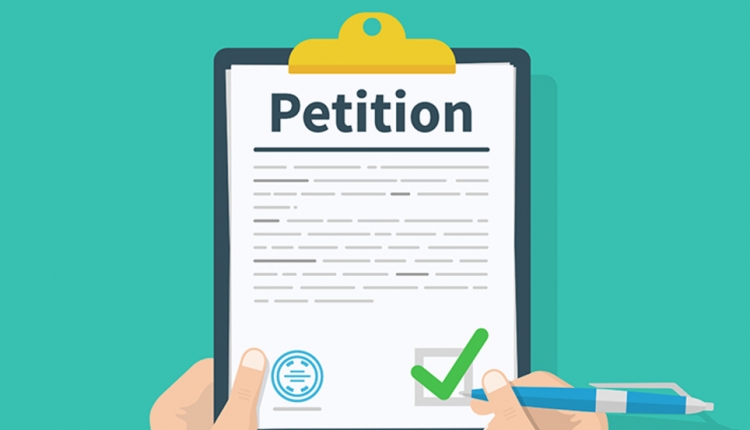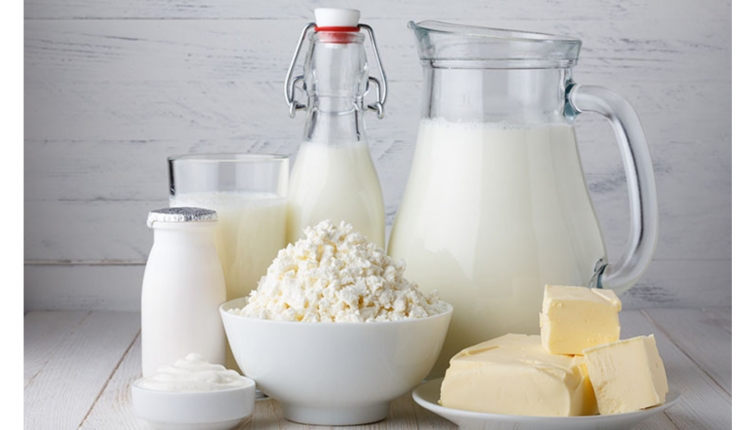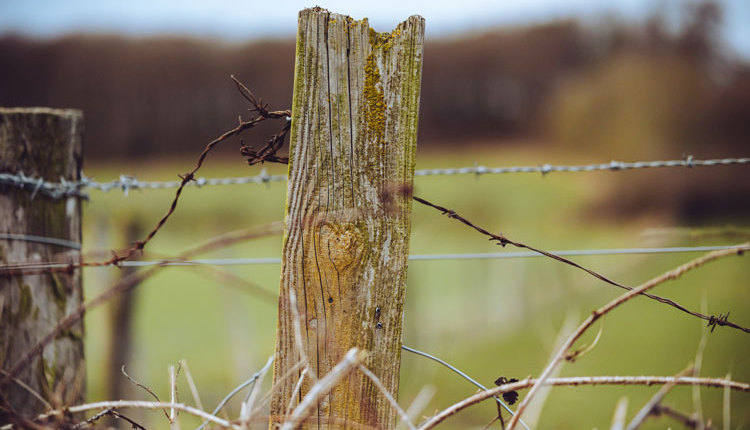
In my last blog, I shared insights from the Animal Agriculture Alliance’s report from the virtual Farmed Animal Conference E-Summit (FACES) hosted during the summer. While I hate to continue being the bearer of bad news, I have more content to share from additional animal rights conferences that have been held virtually this year. In addition to the FACES conference earlier this year, the Alliance recently issued reports from the Humane Society of the United States’ Taking Action for Animals (TAFA) Conference (held virtually in September) and the Animal Legal Defense Fund’s (ALDF) Animal Law Conference (held virtually in October).
While reviewing these quotes and statements can be disheartening, it is important to understand just what we are dealing with when it comes to animal rights activism. I don’t share this information to discourage you, but rather to inspire you to ramp up your efforts to connect with our consumers (a much, much larger group than activists) and key influencers who the activist groups are targeting. By hearing the misinformation that is being spread, we can better refine our own messages and make sure we are setting the record straight.
The TAFA conference featured primarily HSUS staff as speakers along with a few legislators. The conference was focused on ways attendees can get involved with the legislative process at the local level and beyond to help HSUS pass what it deems to be “animal-friendly” legislation. Quotes from conference speakers include:
- "Our second strategy to add in [combating] factory farming is to promote healthy eating with plant-based foods. We do this by bringing locally specialized vegan chefs to major institutions, such as restaurant chains, universities, and hospitals, and teach them ways to integrate affordable and delicious plant-based options into their meals. This program not only decreases the demand for animal consumption, thereby helping usher out the age of factory farming, but it also helps the planet . . .”
- “If you look at a factory farm where there are hundreds of thousands of chickens surrounding Miranda [one specific chicken]. One gets sick, they'll all get sick, and then the disease starts mutating because there's so many opportunities. That's why scientists call factory farms a “laboratory of disease,” because there are so many opportunities for diseases to mutate, and the fear to humans is that one day it's going to mutate where it's going to infect people. And then it's going to harm us, and it spreads to other people.”
- “Factory farms poison our environment. Factory farms also create serious risks to public health.”
- “We aim to eliminate extreme confinement methods and promote plant-based solutions.”
The Animal Law Conference speaker lineup included many ALDF staff members along with representatives of other activist organizations such as Public Justice, Food & Water Watch, and the American Society for the Prevention of Cruelty of Animals (ASPCA). Several speakers represented Lewis & Clark Law School’s Center for Animal Law Studies, as they co-hosted the conference. The conversation at the conference was highly negative toward large-scale animal agriculture, with speakers stating:
- “Over a 15-year period from 1997 to 2012, the average dairy grew 50% larger, the average hog farm grew nearly 70% larger, the number of what they call broiler chickens, or meat chickens, on factory farms rose to over 1 billion, and the average egg-laying operation grew 74% larger, so this industry is growing at a rapid pace. And along with that, expectedly, the emissions from the industry are rising as well. So, unlike many industries, livestock sector emissions are expected to continue increasing for decades, even while other sectors have to dramatically decrease their emissions to meet global climate targets. And what that means is that the industry's share of global emissions is going to become increasingly significant.”
- “Factory farms are horrible places, and they cause immense suffering in animals. And by causing animals to suffer, we cause ourselves to suffer. When you eat meat, eggs, and dairy, you're eating something that is teeming with bacteria like E. coli and salmonella. And the very drugs we rely on to combat these bacteria are being fed into these animals constantly.”
- “The use of animals for human consumption and the environmental and public health impacts from factory farming are all major drivers of pandemic risk.”
If you’d like to help us push back on the claims made by activists at these conferences, the Animal Ag Alliance website is a great place to look for resources. If we can assist you with farm security or consumer engagement, don’t hesitate to reach out.

The author is communications director for Animal Agriculture Alliance.









